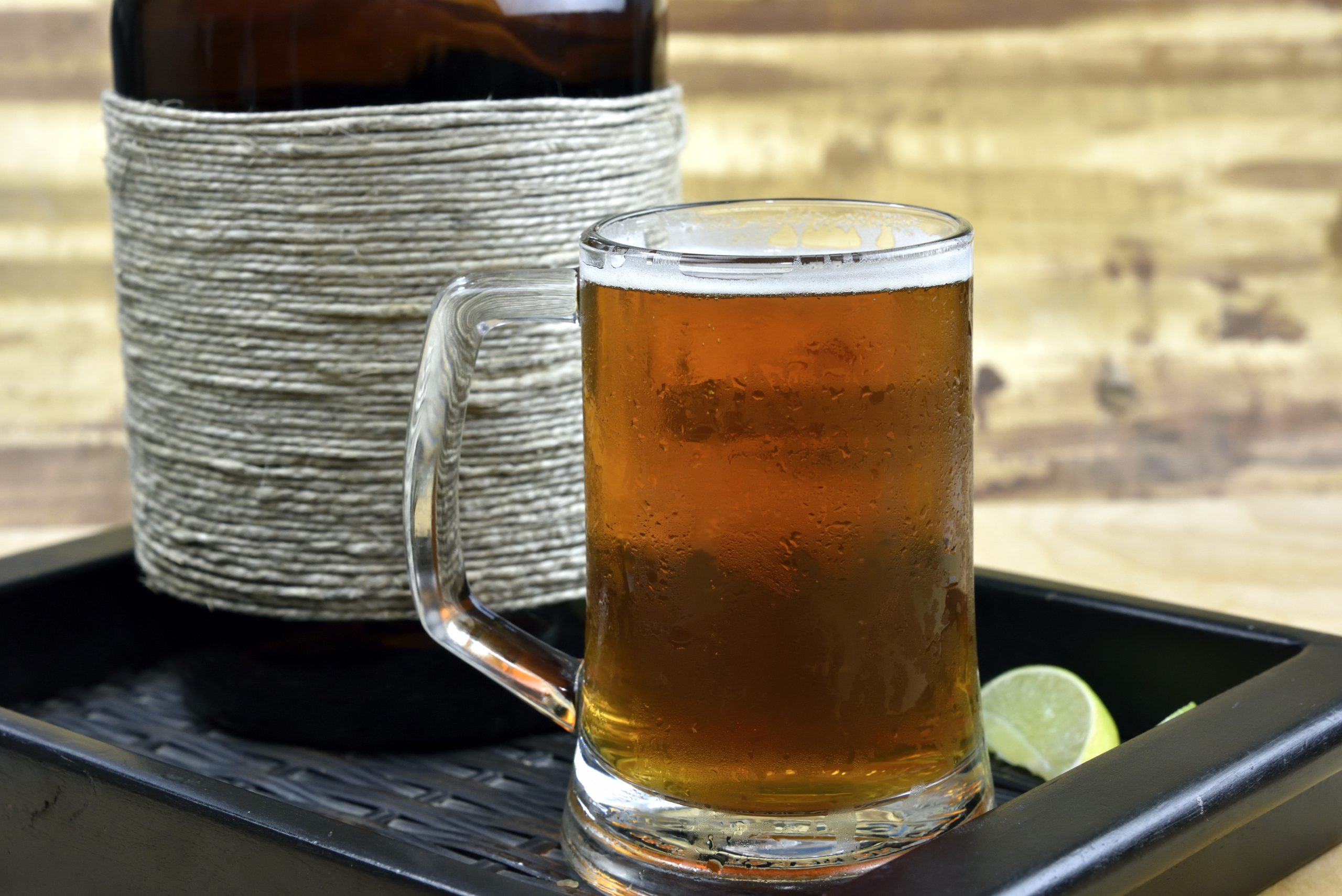


Massachusetts’ breweries are well accustomed to working within a regulatory framework that can, charitably, be described as draconian. Late last month, however, the state’s alcohol enforcement agency cut them some legal slack as it relates to the sale of growlers, the popular large glass vessels in which brewers often sell beer to-go in lieu of cans and bottles.
Specifically, the state’s Alcoholic Beverages Control Commission declared that brewers are now free to refill growlers from outside their own inventory. Prior to the update, brewers were only permitted to refill growlers that they themselves originally sold to the drinker (meaning, the only growlers one could fill at, say, Harpoon were growlers originally purchased at Harpoon).
The move, on its face, seemed like the state’s first noteworthy action toward fulfilling its promise of reviewing and streamlining the rules that govern the local alcohol sector. And brewers generally seemed to view it favorably, as the Massachusetts Craft Brewers Guild called it “a great opportunity for many Massachusetts breweries that rely on growlers as their primary source of selling beer to-go.” But, upon closer examination, the utilitarian value of the growler update isn’t entirely clear.
Growlers are both costly and cumbersome, meaning they cost brewers considerable financial resources all while occupying vital physical space, which is in short supply for many small beer businesses. By allowing breweries to fill growlers besides their own, the state is affording them more room to breathe – financially, and, quite literally, in the corporeal sense.
“Ordering and storing pallets of growlers and maintaining the supply when business is good can be both expensive and challenging,” says Rob Burns, president of the Guild and the co-founder of Night Shift Brewing in Everett. “We hope this alleviates some of that burden.”
Beyond that, this is also a positive in some ways for the end consumer. Yes, some people take great pride in their vast growler collections. But, many others resent the fact that they have to buy new glassware every time they visit a new brewery if they want to take beer home (because like brewers, drinkers, too, have limited cash and shelf space). This advisory allows them to do that.
For starters, the update doesn’t mean any brewer in the state can fill just any growler. In fact, it would still be illegal for one brewery to fill another brewery’s branded glass. Rather, the advisory specifies that any growler not of a brewery’s own kind must be entirely unbranded. This could pose a couple of problems.
First, it has the potential to create dissidence between consumers and brewers if they aren’t on the same page about a company’s policy.
“…breweries still have the right to decline filling any type of growler, or growlers at all,” adds Burns. “It will be up to the breweries to make their individual policies clear on their website and social media channels to avoid disappointed guests in their tap rooms.”
Furthermore—as previously reported by the Worcester Telegram—by specifying a growler be entirely devoid of branding, the advisory seems to circumvent federal law that mandates such packages come with the familiar Surgeon General’s warning on it.
Cleaning them is another. Take the People’s Pint, a brewpub in Greenfield, for instance. When a visitor arrives with a People’s Pint-branded growler, the company will exchange it for a new one, so it can properly clean the old one before reinserting it back into rotation. This, brewmaster Chris Sellers says, ensures the packaged beer tastes as the company intended it to.
Unfortunately, this transaction doesn’t work with unbranded containers. That’s because the visitor would not be able to bring its new People’s Pint growler to be filled elsewhere, thus defeating the entire purpose of the advisory.
“I think some of the challenges are still the same. Many breweries I’ve talked to about it, and ourselves included, definitely want make sure we can fill a growler that’s been well cleaned, and that means they’re free of any debris, stored without a cap on, and hasn’t been cleaned heavily with soap,” says Sellers. “We get a lot of growlers back that tend to be a little funky. People leave a half an inch of beer in a growler and return it.”
Late last year, as reported by Draft Magazine, Night Shift sent a newsletter to fans declaring plans to phase out the format.
“Growlers are convenient, but our QA team’s tests confirmed that cans and bottles preserve freshness best,” the company wrote at the time. “In our endless quest to serve a world class product, we decided to focus on the best take-home formats.”
Night Shift isn’t alone. When Notch Brewing opened its new brewery in Salem last year, Boston Magazine reported the company would not offer growlers at all, instead favoring crowlers–which are essentially gigantic aluminum cans–as its to-go package. “We don’t want to have the consumer have the burden to have to bring back the growler,” founder Chris Lohring told Boston Magazine at the time. Asked by BevSpot whether the company would revisit its position on growlers in light of the new advisory, Lohring said the company “will be sticking with the crowler only option.”
“It guarantees the vessel is clean, or removes the burden of our staff cleaning them,” he says.
Today, it remains to be seen what the future of the growler will look like in Massachusetts. But fret not, lawmakers: There are still many other ways you can help Bay State breweries.
For more news on the beverage industry, keep it tuned into the BevSpot blog by signing up for your own community account. You’ll receive notifications on the latest articles as well as exclusive access to industry tools and guides.
Schedule 15mins to chat with a product specialist
Start a FREE Trial Today! BevSpot offers full product education and account setup for all customers! No card Information needed!
